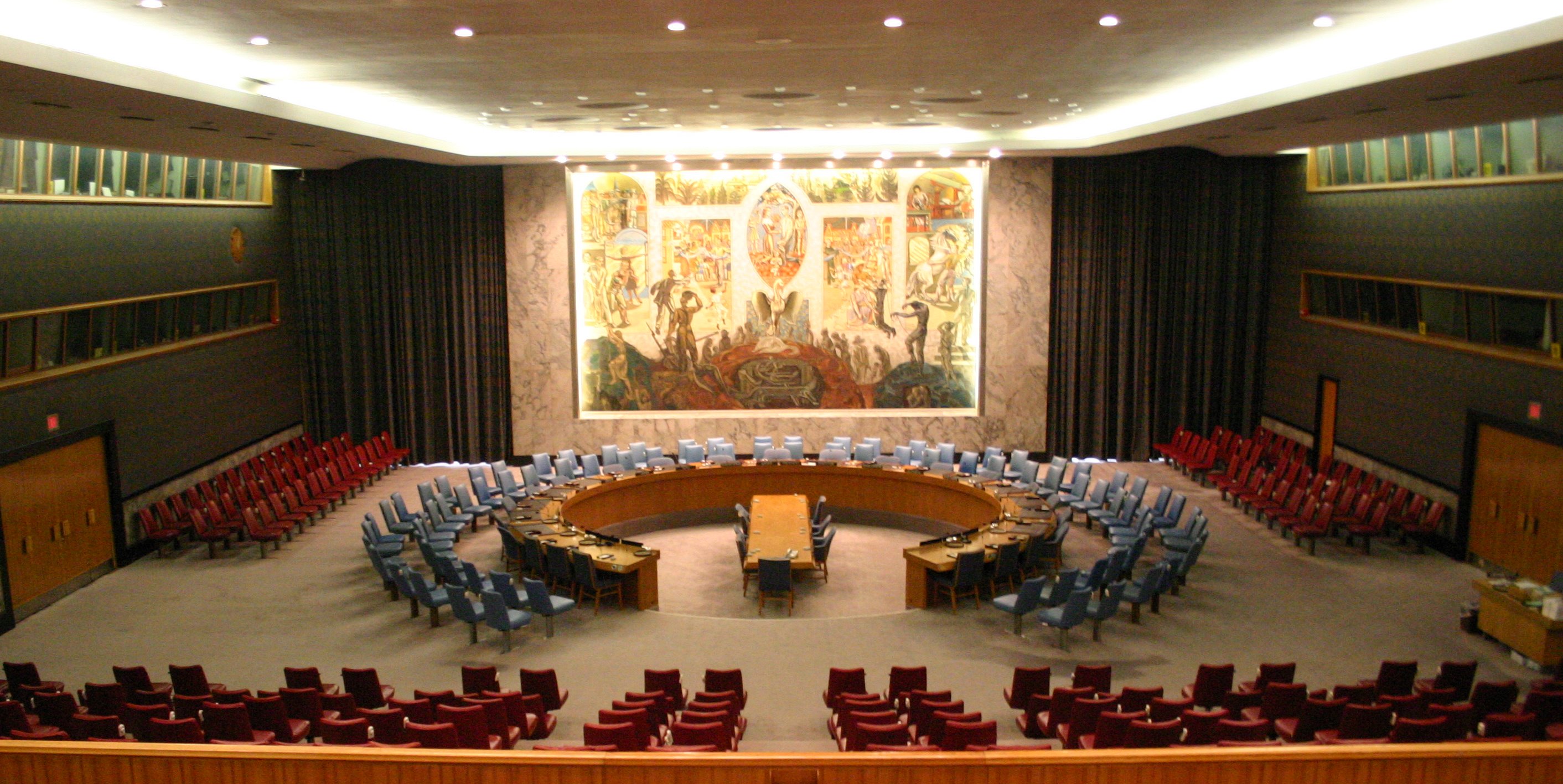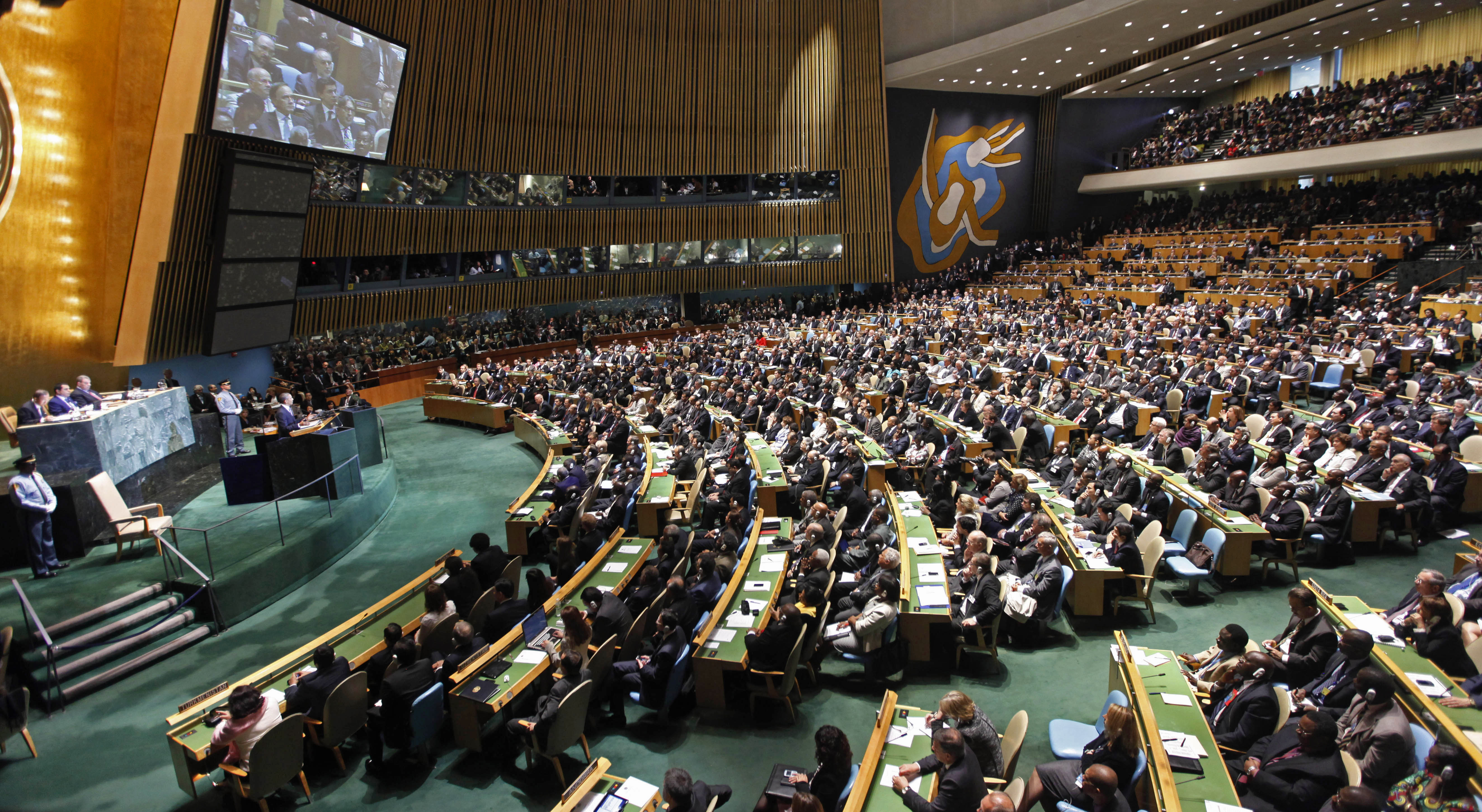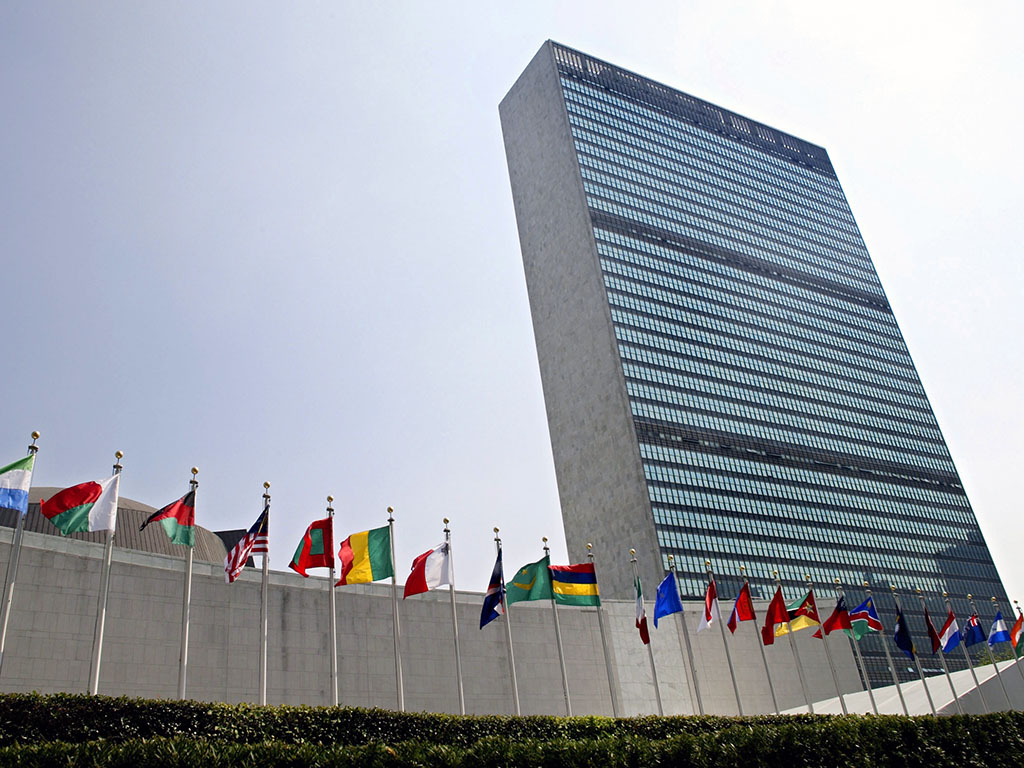Policy space in many developing countries constrained by El Ni?o
Further improvement in labour market conditions in Europe and the United States
Monetary stance eases in the CIS but tightens in Africa
SDG #8: Decent work and economic growth

Is the zero lower bound no longer a hard constraint?
EU-wide strategy to address refugee crisis remains elusive
Drought leads to a spike in food prices in Africa and Latin America

The launching of the Millennium Development Goals (MDGs) at the dawn of the present century ushered in one of the most important initiatives undertaken by the United Nations. Concerted efforts at the international, national and subnational levels to achieve the MDGs have brought about significant development progress over the past 15 years. Nevertheless, important development gaps remain.

Commodity price rout dampens regional growth prospects
China emphasized the need to improve productivity through policies on the supply side of the economy
Bank of Japan adopts a negative interest rate

The report projects a modest improvement for the world economy in 2016/17 as a number of cyclical and structural headwinds persist. Global growth is estimated at a mere 2.4 per cent in 2015 and is forecast to grow by 2.9 per cent in 2016 and 3.2 per cent in 2017.

Limited global financial market reaction to Fed's interest rate move
IMF includes Chinese renminbi in the SDR basket
Monetary tightening in Western Asia and Latin America in response to Fed's first rate hike in seven years

The second edition of the Handbook on the Least Developed Country Category: Inclusion, Graduation and Special Support Measures (2015) provides comprehensive information on the least developed country (LDC) category, including a description of procedures and methodologies used in the identification of these countries, and the support measures associated with it. It builds upon and updates the previous edition published in 2008. Accordingly, the LDC Handbook is intended for the use by government officials, policymakers, researchers and others interested in the particular development problems and challenges faced by the most disadvantaged developing countries.

According to chapter one of the World Economic Situation and Prospects 2016, only a modest improvement in the world economy is projected for the next two years
Recessions in the Russian Federation and Ukraine may have reached a turning point
Unemployment on the rise in a number of South American economies
 Welcome to the United Nations
Welcome to the United Nations